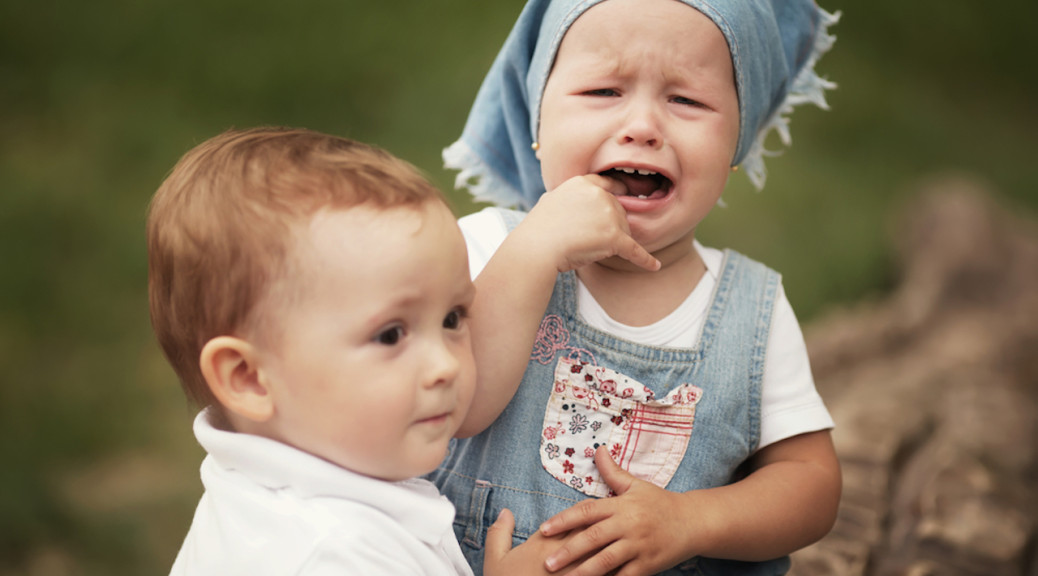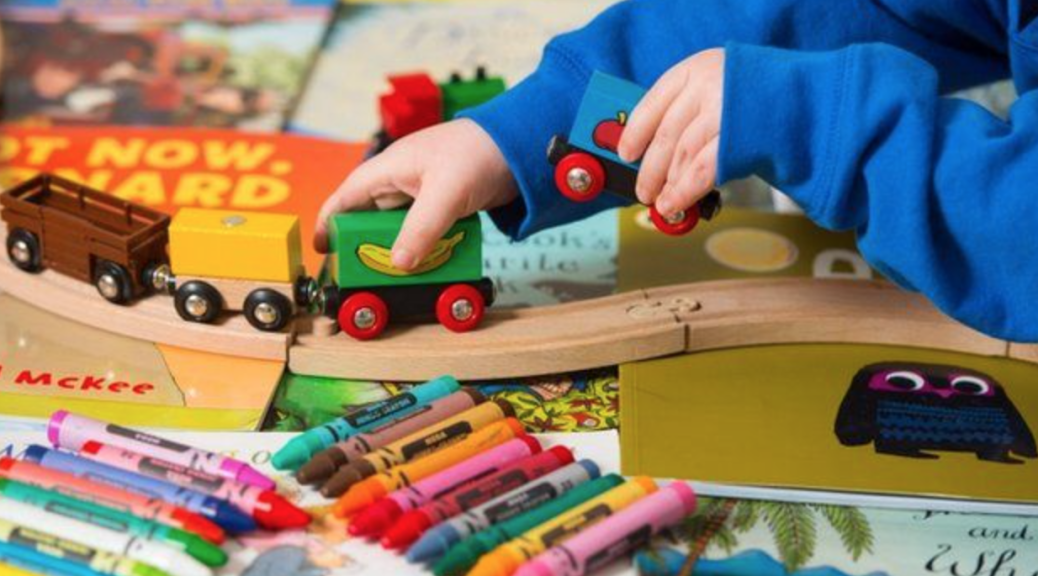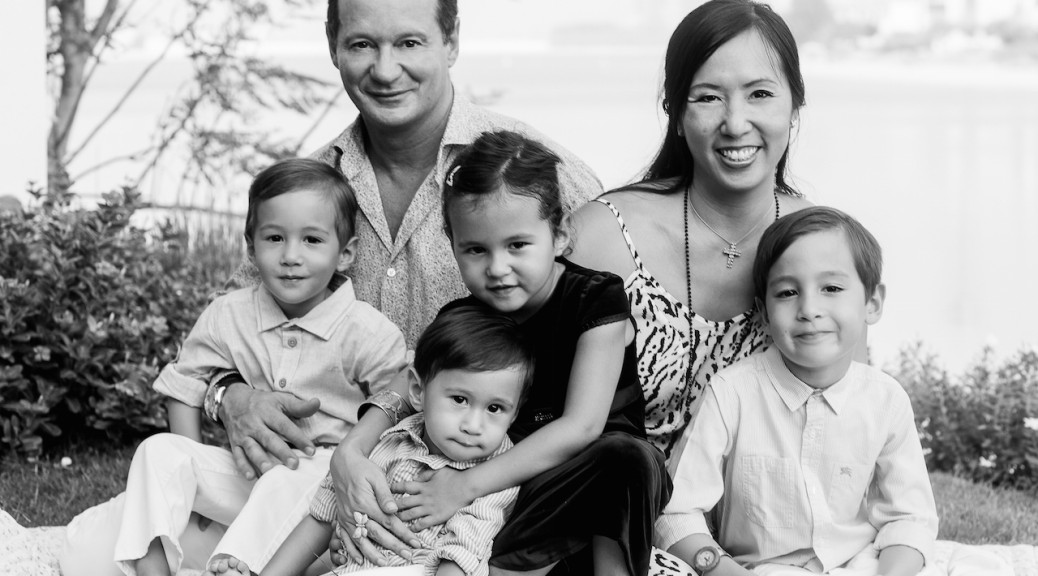Founder of Sleepyhead, Stockholm
Lisa Furuland mum of two, is the founder and visionary behind Sleepyhead . Lisa created Sleepyhead when her first child was born and she was unable to find the perfect lounging product to fit his needs. “When my son Ilias was born in 2006, I searched unsuccessfully for an alternative to the blanket, the cot, and the baby lounger,” she says. “I craved something more snug and at the same time more versatile.”
Lisa has always had an eye for beauty and design. She studied art history at Stockholm University and professional photography studies and architectural education at the Royal Institute of Technology in Stockholm. Lisa lives with her husband and two sons in a lovely small seaside town, just north of Stockholm.
Competition
In line with our sleep series, we have collaborated with Sleepyhead, from Stockholm, Sweden to give away a Sleepyhead Deluxe Pod in white for babies aged 0-8 months worth AED749.
To win this pod:
1) Please share this link on your FB page
2) Tell us which city is the Sleepyhead brand from by writing your answer on the Seahsellsonthepalm Facebook wall.
For more information, please go to www.sleepyheadgcc.com




